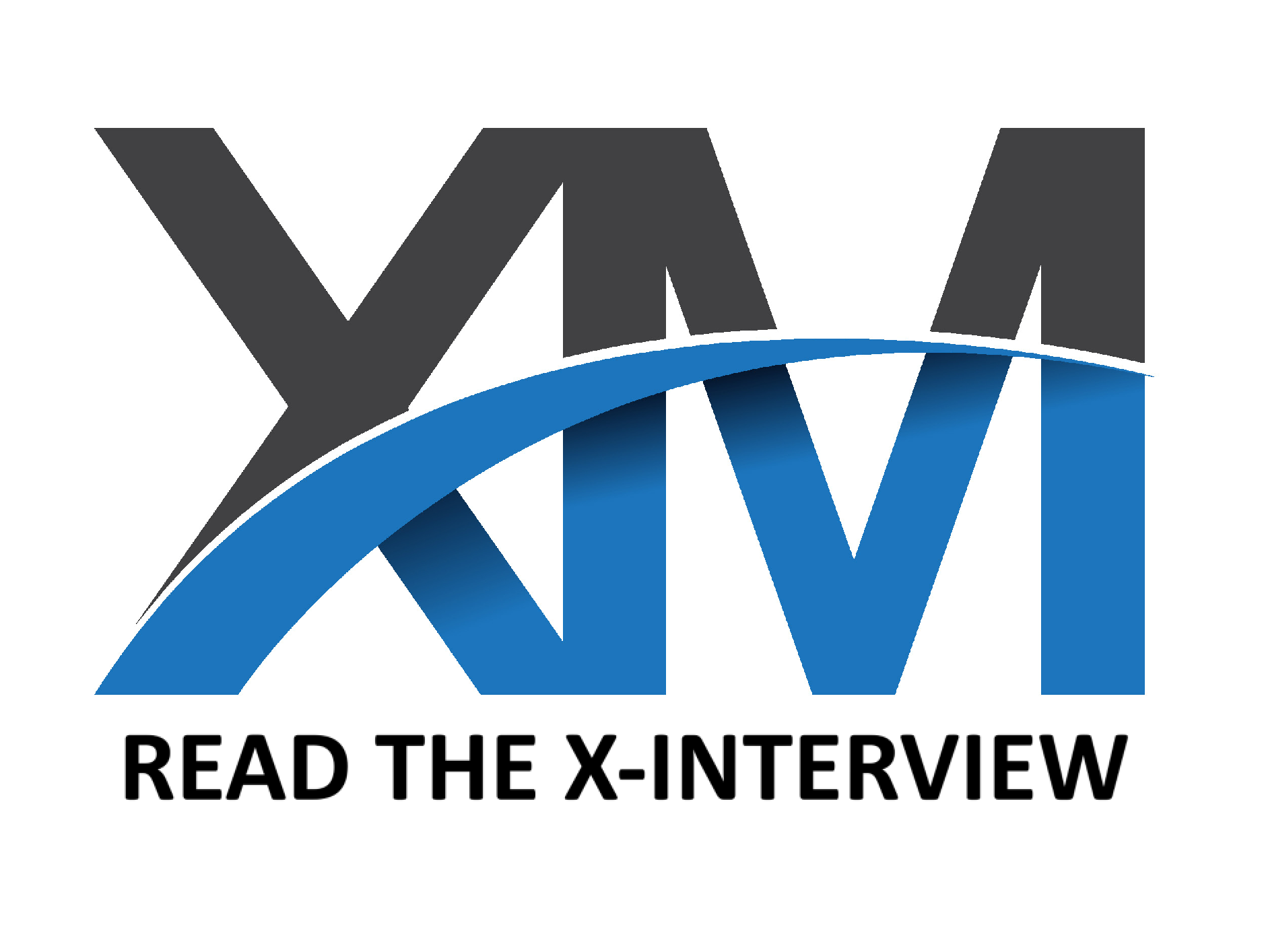The future of ux
Jakob Nielsen, Ph.D., is a usability pioneer with 40 years of experience in UX. Jakob and his long-time business partner, Donald A. Norman, who coined the term “User Experience,” founded NN/g (Nielsen Norman Group) in 1998.
Dr. Nielsen established the discount usability movement for fast and cheap iterative design, including heuristic evaluation and the 10 usability heuristics. He also formulated the eponymous Jakob’s Law of the Internet User Experience.
Jakob has been nicknamed “the king of usability” by Internet Magazine, “the guru of Web page usability" by The New York Times, and “the next best thing to a true time machine” by USA Today.
Before starting NN/g, Dr. Nielsen was a Sun Microsystems Distinguished Engineer and a Member of Research Staff at Bell Communications Research, the branch of Bell Labs owned by the Regional Bell Operating Companies.
He is the author of 8 books, including the best-selling Designing Web Usability: The Practice of Simplicity (published in 22 languages), Usability Engineering (26,147 citations in Google Scholar), and the pioneering Hypertext and Hypermedia.
Dr. Nielsen holds 79 United States patents, mainly on making the Internet easier to use. He received the Lifetime Achievement Award for Human–Computer Interaction Practice from ACM SIGCHI.
“ When we get something new, we shouldn't forget the lessons from the old.”
That's what often happens. And I've seen that so many times. There were some graphical user interfaces that were clunky to use.
When the web came out, people were doing print brochures on websites. When mobile came out, they were doing regular websites, just microscopic size.
When tablets came out like the iPad, I think was the first good tablet. They were trying to do magazines on a touch screen.
I mean, so we've seen this so many times over and over again that the new technology has all this promise for doing things in a better way. And yet it's often used in blatantly wrong ways.
Blatantly either that you can just tell if you know the history of user interfaces, or at least you can discover it with a usability study with 5 users or so.
“Most of the smartest people work for someone else.”
At Sun Microsystems, one of the founders was Bill Joy, and he had this saying called Joy’s Law. It says:
“Most of the smartest people work for someone else.”
It doesn't matter who you are or which company. Most smart people work elsewhere, right? And that's just true. And he's really right on that.
To the extent you have an ability to harness collective wisdom, sometimes called the wisdom of the crowd, which I'm not 100% happy with that term.
But there's a lot of smart people all over the world. So, the question is can we find a way of harvesting that?
“People, they don't change.”
I really come to this from the human perspective. Like, what does it mean for Users?
People, they don't change.
So, people are the same now as they were 1000 years ago. And if you go back 100,000 years ago, maybe there was an evolutionary change. But certainly, for the last many, many years people have been the same.
And that means it will literally be the same five years from now. Because almost the entire world population today will be the world population in five years.
There'll be a little bit new people coming in, a little bit of old people going out, but the vast majority are going to be identically the same people in five years as who are the users now.
They're not going to change.
They're going to be exactly the same people.
“the world is becoming a knowledge economy.”
I feel like the world is becoming more and more a knowledge economy and this has been true for a long time already, but it's accelerating.
For what you might call mid-income countries that transformation is happening as well. You still have some people who work in so-called primary industries like agriculture and fishing, but it's very few. And you still have people who work in manufacturing, and it's more but not that many either these days or in many countries.
That same evolution already happened in United States, and in Europe it is happening there as well. The rest of the people, most of the people, are working in knowledge-intensive jobs. These days being a farmer is a knowledge-intensive job as well because they’ve got to manage a lot of complexity there.
So that's why this kind of cognitive augmentation is so important and drives that economic growth and in in many ways. And Marc Andreessen, who's the guy who invented that graphical user interface for the web and is now a venture capitalist, and he's famous for one of his sayings: “Software is eating the world.” And that means that more and more things are becoming software driven.
And then what I say is well, if they're software driven, there's that all this complexity and we need to have better user interface design. But I think there is a next step past that.
So, software is eating the world and taking over how people do things.
But then I think AI is feeding the world. Or at least it will be because I feel like this can have this vast productivity impact, which is what we know from the early studies.


